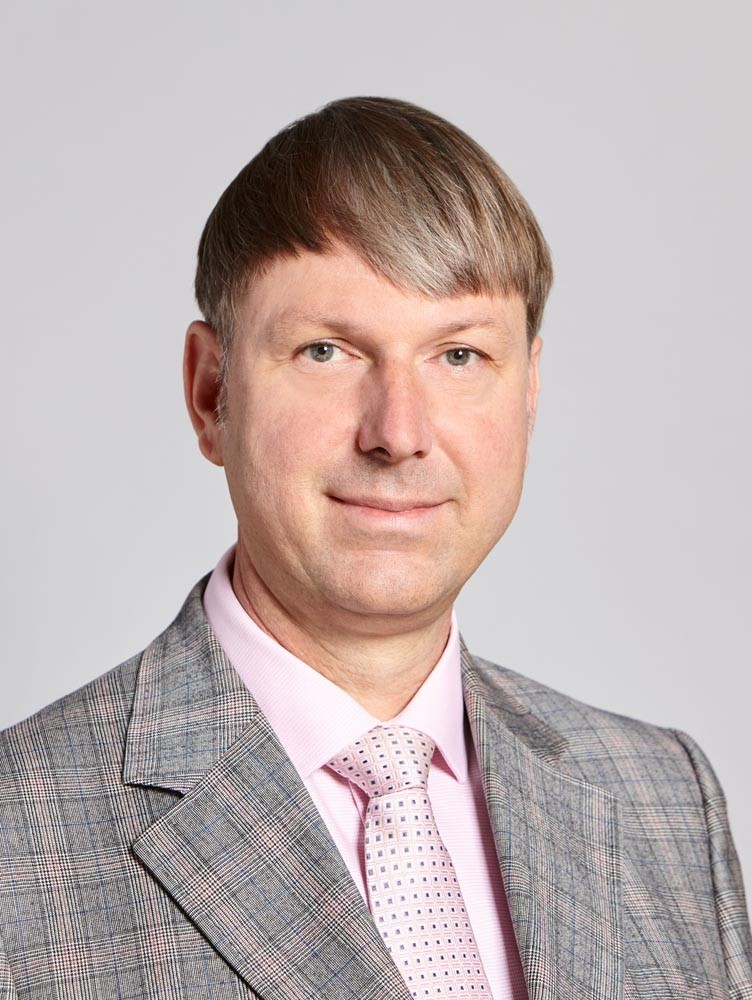Prof. Dr. Dirk Helbing

Prof. Dr. Dirk Helbing
Full Professor at the Department of Humanities, Social and Political Sciences
- Work phone +41 44 632 88 80
- Fax print +41 44 632 17 67
- phone +41 44 632 88 81 Secretariat(Sec.)
- contactsV-Card (vcf, 1kb)
Additional information
Research area
Research of the Computational Social Science (COSS) group aims at three-fold integration:
1. bringing modeling and computer simulation of techno-socio-economic processes and phenomena together with related empirical, experimental, and data-driven work,
2. combining perspectives of different scientific disciplines (e.g. social, data, computational and complexity science), and
3. bridging between fundamental and applied work.
The research focus has quickly moved from studying pedestrian crowds and vehicle traffic to studying social coordination, cooperation, norms, and conflicts, collective opinion formation, and the wisdom of crowds. The team uses methods such as evolutionary game theoretical modelling, agent-based computer simulations, as well as lab and web experiments. The COSS team is also interested in systemic risk and resilience, the importance of complexity science for digital models of the world, the ethics of smart cities, digital democracy, and the development of a socio-ecological finance system («Finance 4.0», «FIN4+»).
The Computational Social Science (COSS) team publishes in highly competitive journals, enjoys an international reputation, and has raised substantial research funds. In particular, it has recently won its second ERC Advanced Investigator Grant.
Dirk Helbing is Professor of Computational Social Science at the Department of Humanities, Social and Political Sciences and affiliate of the Computer Science Department at ETH Zurich. In January 2014 Prof. Helbing received an honorary PhD from Delft University of Technology (TU Delft). Since June 2015 he is affiliate professor at the faculty of Technology, Policy and Management at TU Delft, where he leads the PhD school in "Engineering Social Technologies for a Responsible Digital Future".
Dirk Helbing started as a physicist. With his diploma thesis, he initiated the area of pedestrian, crowd, and evacuation modeling and simulation. During his PhD and habilitation in physics, he helped to establish the fields of socio-, econo- and traffic physics. He was also co-founder of the Physics of Socio-Economic Systems Division of the German Physical Society (DPG). As a visiting scientist at Tel Aviv University and the Weizmann Institute in Israel, the Eötvös University in Budapest, and Xerox PARC in California, he focused on various complex systems - from panicking pedestrians to traffic jams, and from bacterial patterns to La Ola waves. At Dresden University of Technology he became the Managing Director of the Institute of Transport & Economics, worked on traffic assistant systems (i.e. early self-driving cars) and a self-organized traffic light control system, which got patented. He discovered that crowd disasters are caused by a phenomenon called crowd turbulence and worked on ways to describe, reduce and respond to disasters. As professor of Sociology at ETH Zurich, he worked on evolutionary game theory and agent-based computer simulations of social processes and phenomena.
The work of Prof. Helbing is documented by hundreds of media reports and publications, among them more than 10 papers in Nature, Science, and PNAS. He won various prizes, including the Idee Suisse Award. He co-founded the Competence Center for Coping with Crises in Complex Socio-Economic Systems, the Risk Center, the Institute for Science, Technology and Policy (ISTP) and the Decision Science Laboratory (DeSciL). While coordinating the FuturICT initiative (www.futurict.eu), he helped to establish data science and computational social science in Europe, as well as global systems science. A further result is the Nervousnet platform (nervousnet.info). Helbing is an elected member of the German Academy of Sciences "Leopoldina" and the World Academy of Art and Science. He worked for the World Economic Forum’s Global Agenda Council on Complex Systems. He was elected member of the External Faculty of the Santa Fe Institute and now belongs to the External Faculty of the Complexity Science Hub Vienna. He sits in the Boards of the Global Brain Institute in Brussels and the International Centre for Earth Simulation in Geneva. Recently, he is also involved in the area of Citizen Science, the activities of the "Staatslabor" (a Swiss gov.lab) as well as the establishment of the Blockchain [X] initiative and the Blockchain Lab in Delft. Last but not least, he is also a member of federal and academy-of-science committees addressing the digital transformation of our society.
Course Catalogue
Autumn Semester 2025
| Number | Unit |
|---|---|
| 851-0101-86L | Complex Social Systems: Modeling Agents, Learning, and Games |
| 851-0252-04L | Behavioral Studies Colloquium |
| 851-0467-00L | From Traffic Modeling to Smart Cities and Digital Democracies |
| 860-0011-00L | Complex Social Systems: Modeling Agents, Learning, and Games - With Coding Project |